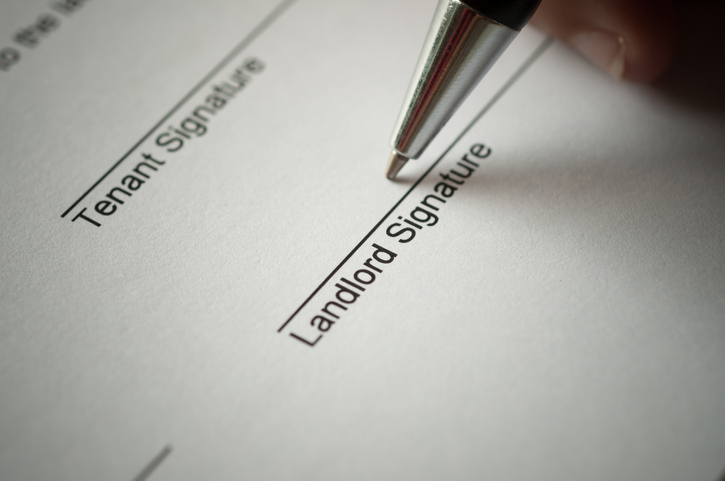
Disputes between tenants and landlords are more prevalent than ever as the nation faces staggering unemployment as a result of the pandemic’s effect on the economy. In these situations, the guidance and advice of an experienced attorney is something both the landlord and the tenant can benefit from.
Some of the most common dispute sources that an attorney can help with include:
- Late or withheld rent payments
- Responsibility for house/apartment/yard maintenance and upkeep
- Security deposit refund is refused or only partially refunded
- Premises are not kept clean
- Violation of any aspect of the lease
- Tenant feels their rights were violated
- Tenant feels they are being wrongfully evicted
- Housing discrimination claims
These are just a few examples of disputes that commonly arise. There are many others. While it’s true that the lease agreement lays out the expectations and responsibilities, the terms are not always as straightforward as the tenant and landlord may think. An experienced attorney resolves these disputes by drawing on specialized knowledge of these leasing agreements, as well as their knowledge of relevant federal, state, and local laws.
Whether you are the tenant or the landlord, you deserve the advocacy of an experienced attorney. Housing – whether you are the owner or renter – has such a profound effect on livelihood. These issues can be thorny, but an experienced attorney helps you find a path to resolution.
When searching for the right lawyer, consider asking some of the following questions:
- What percentage of your law firm practice is dedicated to landlord-tenant disputes?
- Do you represent mostly landlords, tenants, or both equally?
- Do you think this dispute can be resolved in my favor?
- What are my options?
- What can a landlord ask you?
- What can I legally require of my tenant?
- Are there any federal, state, or local laws that may be relevant to this dispute?
When facing an issue with your rental, landlord, or renter, please search our directory for an experienced attorney in your area. Your lawyer knows you want to resolve this matter efficiently so you can move on with your life.


